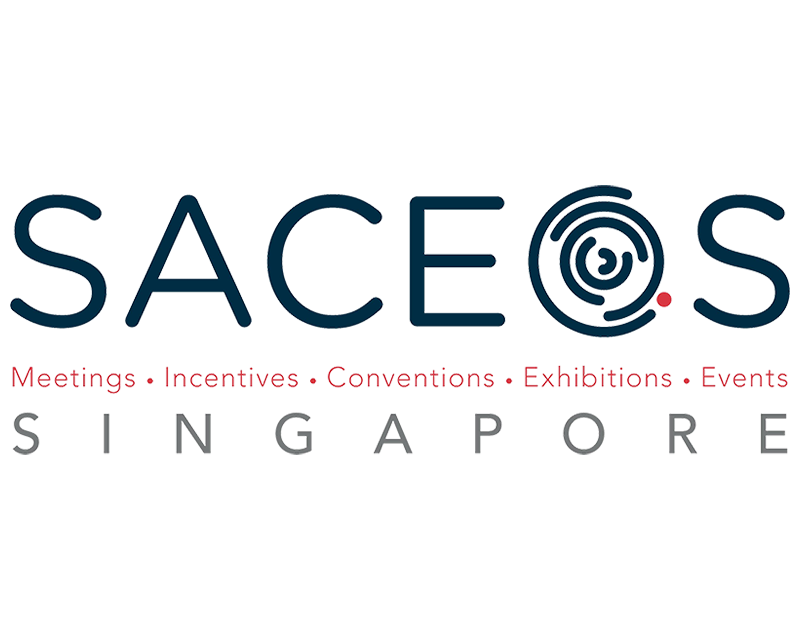Green Hospitality: Technology’s Role in Revolutionizing Sustainable Practices
29 Feb. 2024

In a bid to enhance environmental responsibility and operational efficiency, the hospitality industry is increasingly turning to automation. This article explores key sustainability initiatives within the sector, emphasizing the adoption of technology to drive positive change.. This article takes an in-depth look at key sustainability initiatives within the sector, shedding light on the pivotal role of technology adoption in steering the industry towards positive change.
Digital Check-In for a Greener Tomorrow
At the forefront of the hospitality industry's sustainability efforts is the adoption of digital check-in procedures. Beyond the apparent modernization of the guest experience, this practice substantially reduces reliance on paper and plastic, aligning with a more sustainable operation. Traditional key cards are gradually being phased out in favor of providing guests with passcodes and check-in details via email.
This transition not only streamlines the check-in process but also contributes to eco-friendly practices, minimizing the industry's dependence on fossil fuels. Moreover, hotels are increasingly integrating renewable energy sources into their operations, further enhancing their commitment to sustainability. The incorporation of renewable energy technologies not only reduces the industry's carbon footprint but also propels a broader shift towards greener practices in the hospitality sector.
Combatting Plastic Waste: A Call to Action
A pressing environmental concern confronting the hospitality industry is the staggering amount of plastic waste it generates. Statistics reveal that, on average, a hotel produces 200 gallons of plastic waste per room monthly. In response to this alarming figure, the industry is actively pursuing alternatives to mitigate its environmental impact.
A significant step in waste management involves transitioning from plastic water bottles to more sustainable alternatives such as glass jars. Hotels are also increasingly opting for reusable items over single-use goods, thereby reducing their contribution to the global plastic waste crisis. To amplify these efforts, hotels are reassessing the use of small toiletry items, advocating for a more sustainable approach to guest amenities.
Preserving Water Resources for a Responsible Future
Water conservation emerges as a critical aspect of sustainability in the hospitality sector. The sheer volume of water consumption in hotels is astounding, with a 300-room hotel guzzling a staggering 60,000 gallons of water daily. To address this issue, hotels are adopting a multifaceted approach to water management.
Proactively raising awareness among guests about water conservation is a crucial step. Hotels are strategically placing messages throughout their establishments, encouraging guests to play an active role in responsible water use. Practical measures include the implementation of water harvesting systems, the installation of dual-flush toilets, and the adoption of water-saving showers. By incorporating these measures, hotels contribute significantly to responsible water management, aligning with global sustainability goals.
Case Study: Hotel Marcel New Haven, Tapestry Collection by Hilton
An exemplary case of a hotel leading the charge in sustainable practices is Hotel Marcel New Haven, Tapestry Collection by Hilton. This establishment has embraced innovative technologies and practices to minimize its environmental footprint.
The hotel's commitment to sustainability is evident through the incorporation of solar panels, triple-glazed windows, and additional insulation. These features collectively aim to achieve an impressive 80% reduction in energy consumption compared to similar facilities. By showcasing the viability and effectiveness of these sustainable technologies, Hotel Marcel New Haven sets a precedent for other establishments to follow suit, driving an industry-wide shift towards eco-conscious practices.
Automation's Role in Operational Efficiency
While sustainability is a key focus, the integration of automation plays a vital role in enhancing operational efficiency within the hospitality industry. Automation in various processes, from reservation systems to room service delivery, not only streamlines operations but also reduces the industry's overall resource consumption.
Digital reservation systems, for instance, enable hotels to optimize room allocation, ensuring maximum occupancy while minimizing energy usage for unoccupied rooms. Additionally, smart energy management systems allow hotels to monitor and control energy consumption, further contributing to resource efficiency. The integration of automation not only improves the guest experience but also aligns with the industry's broader goal of reducing its environmental impact.
Guest Education and Engagement
A crucial aspect of sustainable practices in the hospitality sector involves educating and engaging guests in the journey towards responsible travel. Hotels can leverage various communication channels, including in-room materials, digital platforms, and signage, to raise awareness about their sustainability initiatives and encourage guests to participate.
Providing information about the hotel's eco-friendly practices, such as energy-saving measures, waste reduction efforts, and water conservation initiatives, allows guests to make informed choices during their stay. Moreover, hotels can incentivize sustainable behaviors, such as towel and linen reuse, through loyalty programs or other rewards.
The Role of Certification and Standards
In the pursuit of sustainability, many hotels are seeking certification from recognized organizations and adhering to industry standards. Certifications such as LEED (Leadership in Energy and Environmental Design) and Green Key provide a framework for assessing and validating a hotel's commitment to environmental responsibility.
By obtaining certifications, hotels not only gain recognition for their efforts but also contribute to building a more sustainable industry. Guests, increasingly conscious of their environmental impact, are likely to choose hotels that demonstrate a commitment to eco-friendly practices. Industry-wide adoption of such certifications can set a benchmark for sustainability, encouraging healthy competition and driving continuous improvement.
Challenges and Opportunities in Sustainability
Despite the strides made in integrating sustainability into the hospitality industry, challenges persist. One significant hurdle is the initial investment required for implementing sustainable technologies and practices. However, the long-term benefits, both in terms of cost savings and positive environmental impact, often outweigh the upfront costs.
Another challenge involves changing consumer behavior and expectations. While there is a growing demand for sustainable travel experiences, some guests may still prioritize convenience over environmental considerations. Hotels must navigate this delicate balance, ensuring that sustainability measures enhance, rather than compromise, the overall guest experience.
The Future of Sustainable Hospitality
As the hospitality industry continues to evolve, the integration of automation and sustainable practices is not just a choice but a necessity. These initiatives not only contribute to environmental conservation but also align with the growing demand for responsible and eco-conscious travel experiences. By embracing technology and adopting sustainable measures, the hospitality sector not only enhances operational efficiency but also takes significant strides towards a more environmentally responsible and ethical future.
In conclusion, the hospitality industry's journey towards sustainability is marked by a multifaceted approach that includes technological innovation, waste reduction, water conservation, and guest engagement. Leading establishments, such as Hotel Marcel New Haven, serve as beacons of inspiration, demonstrating the tangible benefits of embracing sustainable practices.
As the industry navigates challenges and seizes opportunities, the integration of automation emerges as a powerful tool in enhancing operational efficiency and reducing environmental impact. Through certifications, industry standards, and ongoing efforts to educate and engage guests, the hospitality sector can pave the way for a more sustainable and responsible future.
In this dynamic landscape, the commitment to sustainability goes beyond mere compliance; it becomes a cornerstone for building resilience, attracting environmentally conscious consumers, and ensuring the long-term viability of the industry. By collectively embracing these principles, the hospitality sector can not only thrive in a changing world but also contribute significantly to global efforts towards a more sustainable and resilient future.
These journeys are more than just sightseeing; they are a conscious choice to expand one's perspective and embrace new facets of life. Whether it's delving into local traditions, participating in hands-on workshops, or connecting with spiritual practices, wellness travel becomes a conduit for self-discovery, leaving travelers with not just memories but a profound sense of personal evolution.



